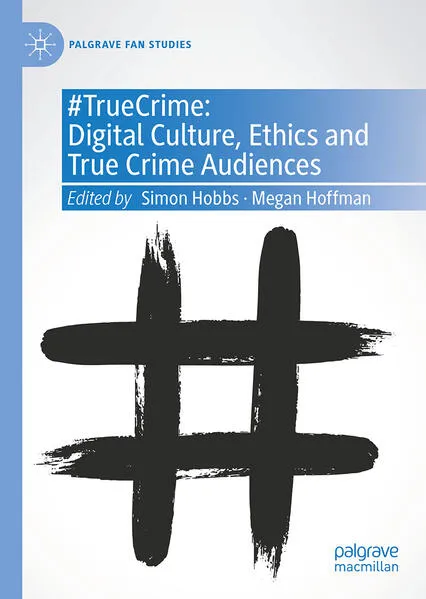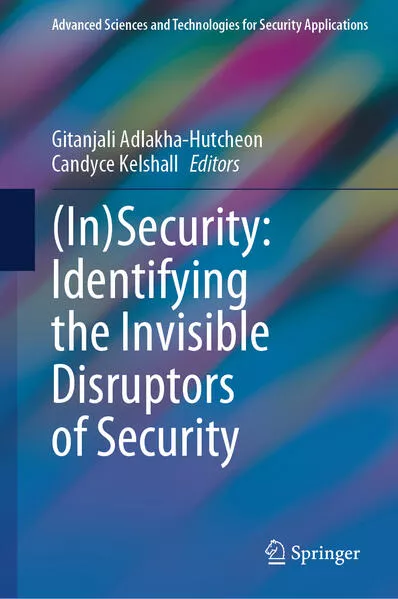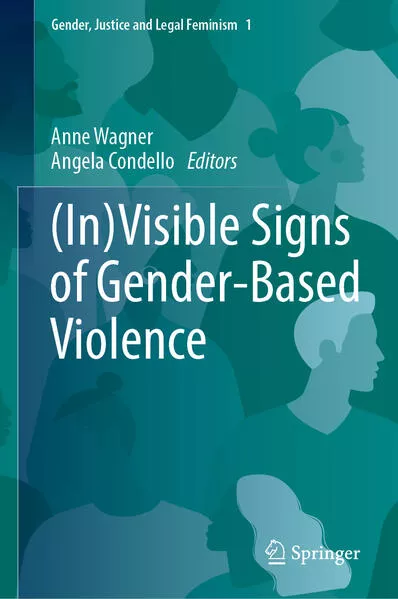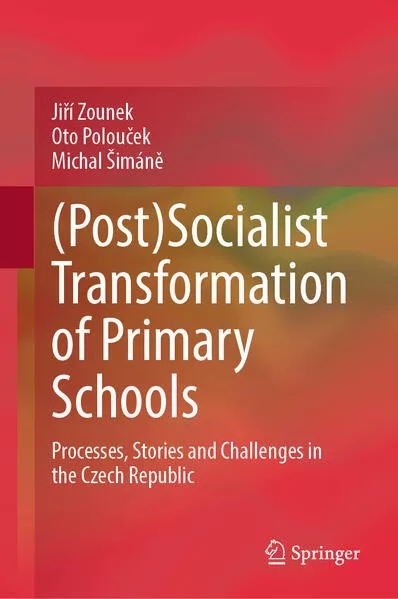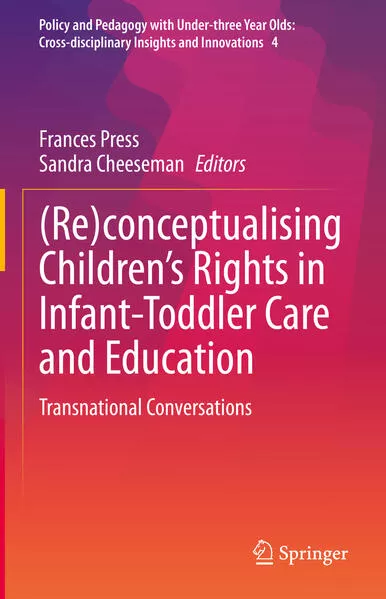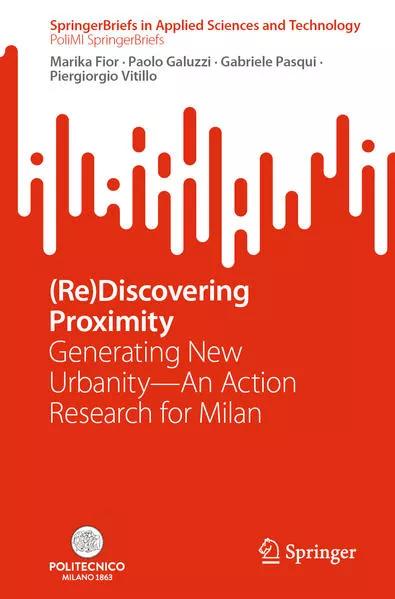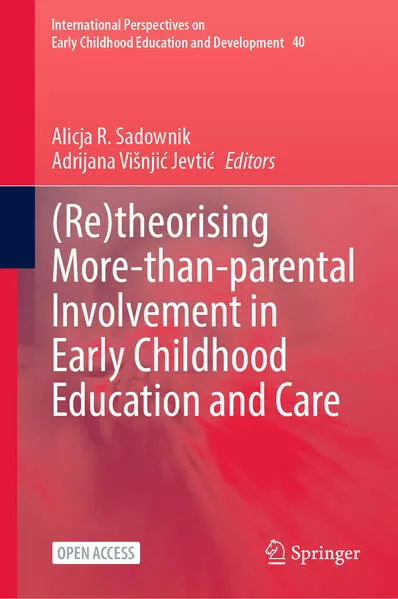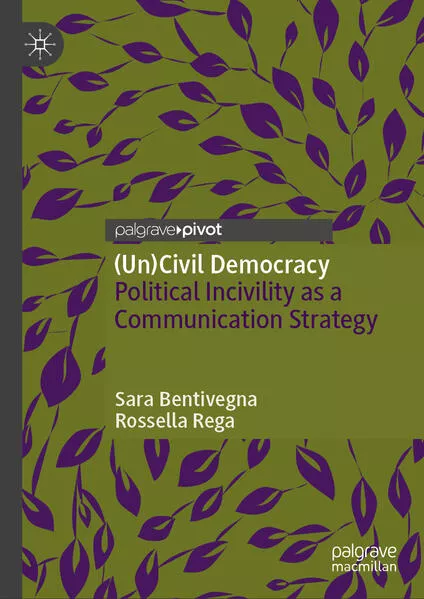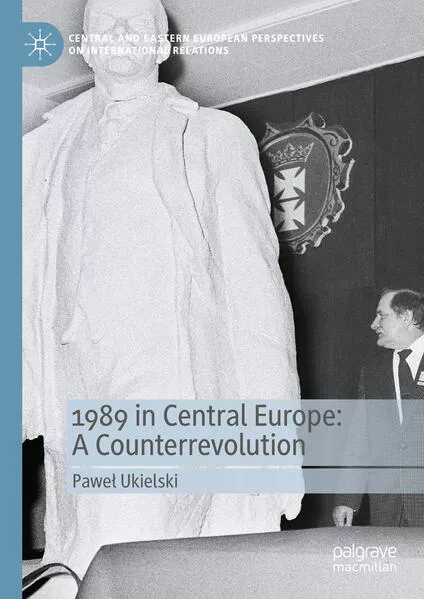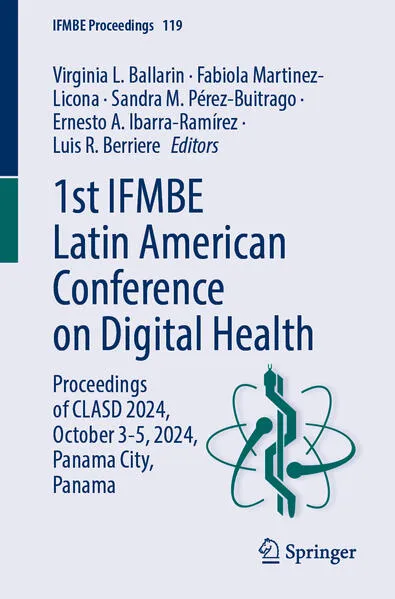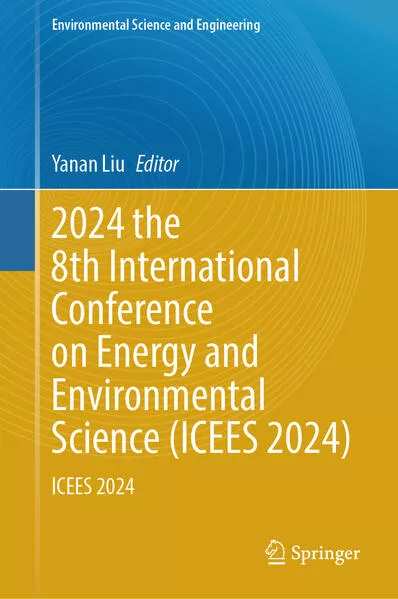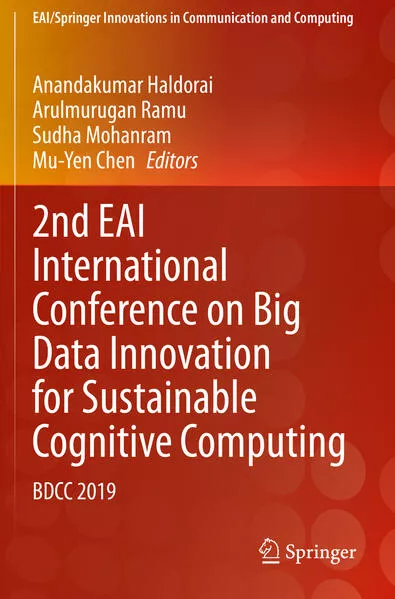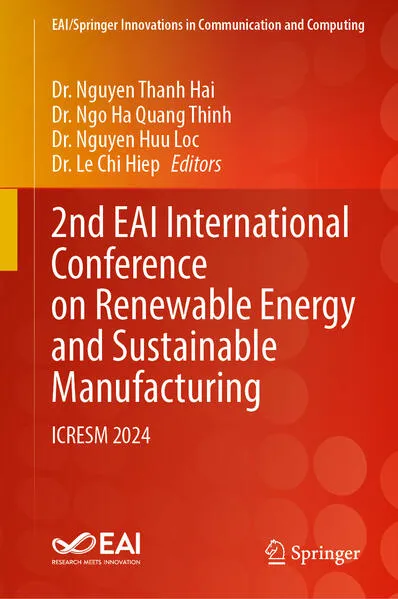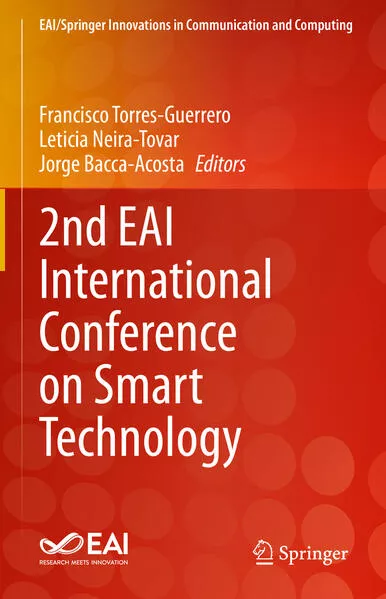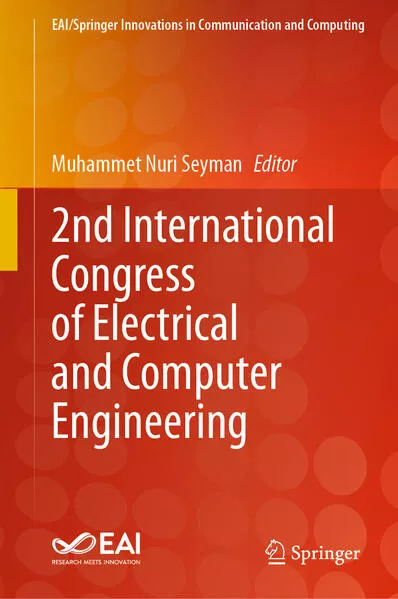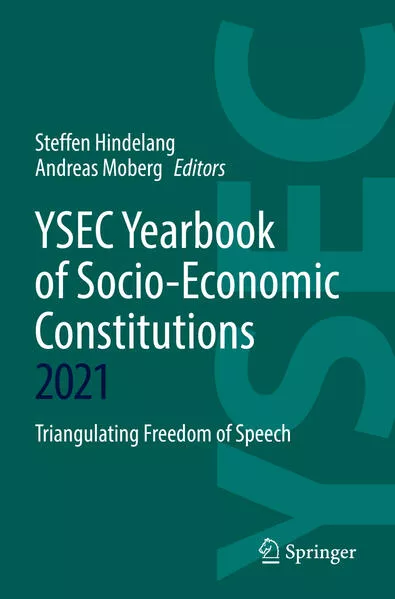
YSEC Yearbook of Socio-Economic Constitutions 2021
Triangulating Freedom of Speech
This volume addresses contemporary challenges, enabled by modern technology, that concern upholding freedom of speech where it conflicts with social rights, such as respect for private and family life, and with economic rights, such as the freedom to conduct business or the right to free movement.
In today’s networked world, technological shifts happen faster than most people even realize. Some of these shifts have made us all potentially powerful: media powerful. We used to sit in silence in front of newspapers and TV screens, and the world was explained to us by just a few sources. Today, thanks to the Internet, social media, and Web 2.0, we can not only share our own thoughts with everyone in a more self-determined way, but we can also take part in public debate and even co-shape it ourselves. Of course, the Internet is not a counter-design to the communication (power) structures of the past. Gains in communicative self-determination are threatened due to algorithmisation, platformisation, and value extraction from self-created private markets.At the same time, the empowerment of the individual challenges the old “grand speakers” who are suddenly detecting “fake news”, echo chambers, and filter bubbles everywhere on the Internet. Internet-based communication allegedly hinders us from the “one truth”; as if newspaper hoaxes, propaganda, and narrow-mindedness were an invention of the Internet. The current heated debate over “fake news”, copyright, and “upload filters” shows that we are unsure of how to deal with the newer and more complex phenomena of Internet-based speech. This is due in no small part to the fact that an important benchmark – our constitutional compass – is still firmly rooted in the past. Constitutions change far more slowly than technologies. Societal changes can drive constitutional changes; but what about normative content control?
Today, there are already demands for “old-school clarity”: truth filters on social media platforms, horrendous sums of liability for platforms that encourage (overly)thorough cleaning up. However, it is equally true that private individuals “regulate”: they decide what is found on the Internet and who may post on a given platform. Accounting for all interests at play and striking a “fair” balance that avoids both a public and private over- and under-regulation is a complex matter. The authors of this volume not only provide reflections in their highly topical contributions, but also share their understanding of what constitutes a fair balance within the larger frame of freedom of speech in a digital age.
Unterstütze den lokalen Buchhandel
Nutze die PLZ-Suche um einen Buchhändler in Deiner Nähe zu finden.
Bestelle dieses Buch im Internet
| Veröffentlichung: | 14.07.2023 |
| Höhe/Breite/Gewicht | H 23,5 cm / B 15,5 cm / - |
| Seiten | 264 |
| Art des Mediums | Buch [Taschenbuch] |
| Preis DE | EUR 171.19 |
| Preis AT | EUR 175.99 |
| Auflage | 1. Auflage |
| Reihe | YSEC Yearbook of Socio-Economic Constitutions |
| ISBN-13 | 978-3-031-08516-1 |
| ISBN-10 | 3031085167 |
Über den Autor
Steffen Hindelang is a professor (wsr) at the Department of Law of the University of Southern Denmark in Odense. He teaches and researches in the areas of international economic law, esp. international investment law, EU law and German public law. Previously he was a professor at Freie Universität Berlin (2011-2017), senior research associate and senior lecturer at Humboldt-Universität zu Berlin (2010-2011), and research associate and lecturer at the University of Tübingen (2004-2009). He is also senior fellow at the Walter Hallstein Institute of European Constitutional Law at Humboldt-Universität zu Berlin and academic advisor to the International Investment Law Centre Cologne (IILCC). He was guest professor, among others, at the Faculty of Law of the University of Uppsala as a Riksbankens Jubileumsfond – Alexander von Humboldt Stiftung Swedish Prize Laureate, at Nagoya University, Bocconi University Milan, the University of Lausanne, the Charles University Prague, the International Law School of the Moscow State Institute of International Relations (MGIMO), and the Turkish-German University Istanbul.Andreas Moberg is a senior lecturer and associate professor at the Department of Law of the University of Gothenburg. He is also the assistant director of CERGU (Center for European Research at the University of Gothenburg). He teaches and researches both EU law and Public international law, but specializes in EU Constitutional law. He has lectured in EU law as a visiting professor at Bond University (Australia), San Pablo CEU Madrid and Háskóla Islands Reykjavík.
Diesen Artikel teilen
0 Kommentar zu diesem Buch
.... weitere Publikationen von Springer International Publishing
Echo aus dem Eis: Band 2 der Northern-Drift-Reihe - Aviation-Mystery in Eis und Dunkelheit
Bewerbungsfrist bis zum: 03.03.2026




